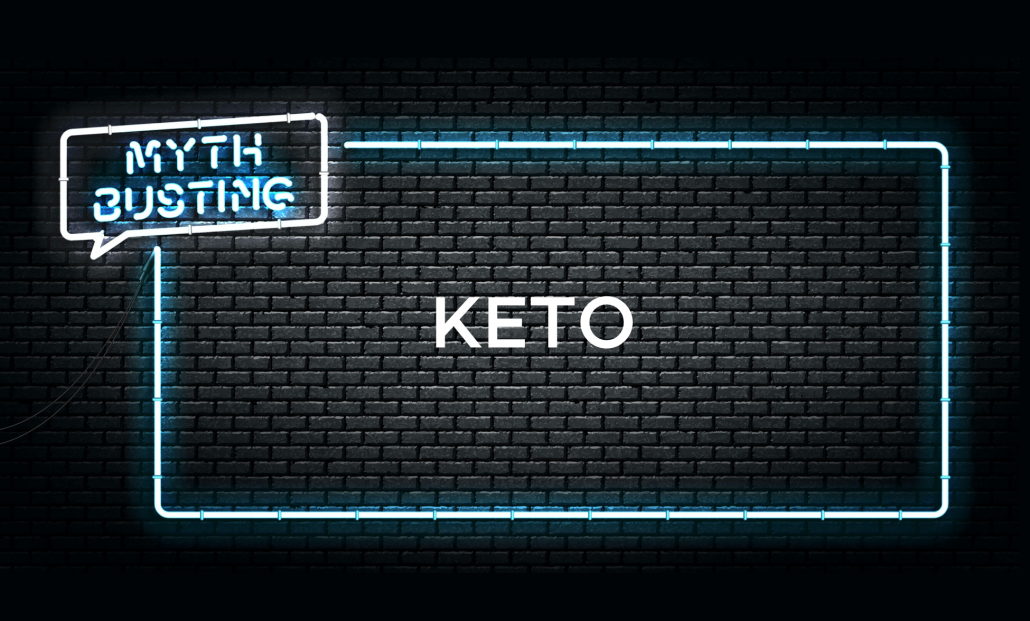Table of Contents
ToggleThe keto diet has been gaining popularity over the past few years. But with that popularity comes a lot of misinformation about what it is and why you would want to do it. People who have never tried the keto diet might think they know everything there is to know—but they probably don’t!
That’s where we come in: we’re here to tell you the truth about this way of eating, which means keeping an eye out for any myths that may be floating around out there.
Myth 1: keto diet is bad for you
The ketogenic diet is not unhealthy; it can treat epilepsy, diabetes, and other chronic conditions. It also aids weight loss and improves general health by increasing post-meal energy levels with fewer carbs.
Many keto followers feel less hungry due to higher fat intake and reduced carbs. This eating plan focuses on fat-rich foods, leading to increased satiety compared to other diets.
Myth 2: keto diet is expensive because you have to buy organic
The second biggest keto myth is that it’s an expensive way to eat because you have to opt for organic. However, the truth is, if you choose the right foods, you can eat healthy and keto on a budget!
Many of us have been conditioned to believe that healthy food is more expensive than junk food, but this isn’t true. On the keto diet, your fat intake will be much higher than usual, so a lot of people think they need to buy lots of meat and dairy products which are very expensive.
Myth 3: I won’t be able to eat anything I like anymore
This is a common misconception that most people have when they start the keto diet, but it’s far from true! There are plenty of keto diet foods to choose from and you can still have your favorite foods, just in smaller portions.
Keto diet staples include cheese, eggs, meat, and butter.
Other great choices for keto meals include low-carb vegetables and fruit (like avocado or berries). You can also add healthy fats like coconut oil or avocado oil in your cooking as well as dressings made with extra virgin olive oil instead of vegetable oils found in store-bought dressings.
Myth 4: the keto diet is too restrictive
This myth could not be further from the truth. In fact, the ketogenic diet provides a lot of flexibility and choice when it comes to food options. You can enjoy your favorite foods while still sticking to the rules of this lifestyle change!
When it comes to going out on a date or attending a dinner party with friends or family members, you might be concerned about maintaining your healthy eating habits. The good news is that you can still stay on track without compromising your diet in any way.
While it’s true that some foods may need to be cut out completely due to their high carbohydrate content, there are plenty of other options that allow for flexibility.
Myth 5: carbs are bad for you
Carbohydrates should not be viewed as bad for your health, as they serve as the body’s preferred source of energy. There is absolutely no evidence to suggest that consuming carbs is harmful to your well-being. In fact, carbohydrates play a crucial role in providing essential nutrients like fiber and vitamins, which are vital for maintaining good health.










